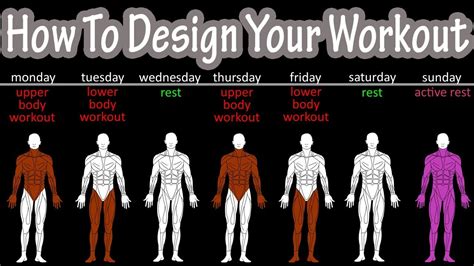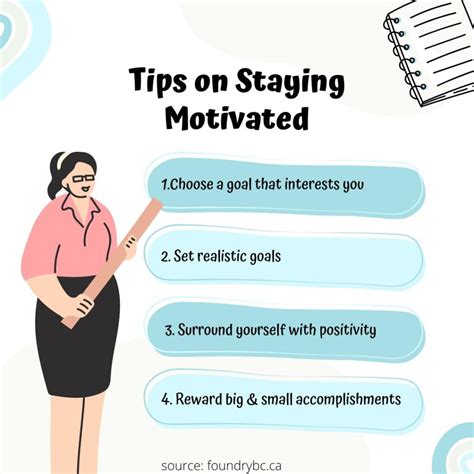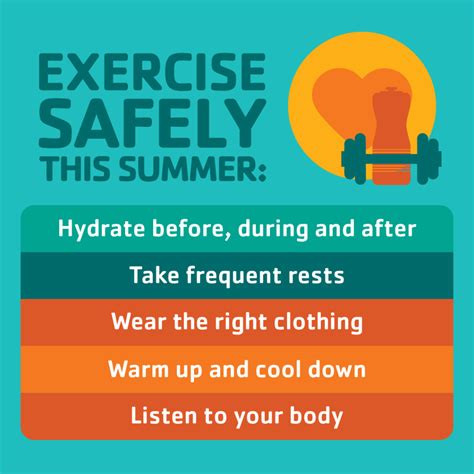Intro
Getting fit is a journey that requires dedication, hard work, and a well-planned strategy. With the numerous benefits of regular exercise, including improved physical health, enhanced mental well-being, and increased energy levels, it's no wonder that many people are eager to embark on a fitness journey. However, with so much information available, it can be overwhelming to know where to start. In this article, we will explore the importance of getting fit, discuss the various aspects of fitness, and provide practical tips and advice on how to achieve your fitness goals.
Regular exercise is essential for maintaining a healthy weight, reducing the risk of chronic diseases, and improving overall physical function. Exercise has also been shown to have a positive impact on mental health, reducing stress and anxiety while boosting mood and self-esteem. Moreover, being physically fit can enhance sleep quality, increase energy levels, and improve cognitive function. With so many benefits, it's clear that getting fit is an investment in one's overall health and well-being.
As we delve into the world of fitness, it's essential to understand that getting fit is not just about physical exercise; it's also about adopting a healthy lifestyle. This includes making informed dietary choices, staying hydrated, and getting adequate rest. A well-balanced diet provides the body with the necessary nutrients to support physical activity, while proper hydration and rest enable the body to recover and adapt to the demands of exercise. By combining regular exercise with healthy habits, individuals can achieve optimal fitness and enjoy the numerous benefits that come with it.
Understanding Fitness

To achieve overall fitness, it's essential to incorporate a variety of exercises into your routine, including aerobic exercises, strength training, and flexibility exercises. Aerobic exercises, such as running, cycling, and swimming, improve cardiovascular endurance, while strength training exercises, like weightlifting and resistance band exercises, build muscular strength and endurance. Flexibility exercises, including stretching and yoga, help maintain range of motion and prevent injury. By incorporating these exercises into your routine, you can improve your overall fitness and reduce the risk of chronic diseases.
Benefits of Regular Exercise
Regular exercise offers numerous benefits, including improved physical health, enhanced mental well-being, and increased energy levels. Exercise has been shown to reduce the risk of chronic diseases, such as heart disease, diabetes, and certain types of cancer. Regular physical activity also improves sleep quality, boosts mood, and enhances cognitive function. Moreover, exercise can increase energy levels, improve physical function, and enhance overall quality of life. With so many benefits, it's clear that regular exercise is an essential component of a healthy lifestyle.Creating a Fitness Plan

To create an effective fitness plan, start by setting SMART goals, such as exercising for 30 minutes, three times a week, or completing a certain number of workouts per week. Next, choose a variety of exercises that improve overall fitness, including aerobic exercises, strength training exercises, and flexibility exercises. It's also essential to incorporate rest and recovery into your plan, as this allows the body to adapt to the demands of exercise. By creating a well-structured fitness plan, you can achieve your fitness goals and enjoy the numerous benefits of regular exercise.
Types of Exercise
There are various types of exercise, including aerobic exercises, strength training exercises, and flexibility exercises. Aerobic exercises, such as running, cycling, and swimming, improve cardiovascular endurance, while strength training exercises, like weightlifting and resistance band exercises, build muscular strength and endurance. Flexibility exercises, including stretching and yoga, help maintain range of motion and prevent injury. Other types of exercise, such as high-intensity interval training (HIIT) and Pilates, can also improve overall fitness and enhance physical function.When choosing exercises, it's essential to consider your current fitness level, health status, and lifestyle. For example, if you're a beginner, you may want to start with low-impact exercises, such as walking or swimming, and gradually progress to more intense exercises. If you have any health concerns or injuries, it's essential to consult with a healthcare professional before starting a new exercise routine. By choosing exercises that are tailored to your needs and abilities, you can improve your overall fitness and reduce the risk of injury.
Staying Motivated

Another way to stay motivated is to track your progress. This could be done by keeping a fitness journal, using a mobile app, or taking progress photos. By tracking your progress, you can see how far you've come and stay motivated to continue working towards your goals. It's also essential to celebrate your successes, no matter how small they may seem. This could be done by treating yourself to a new workout outfit or taking a rest day to relax and recover.
Overcoming Obstacles
Despite the numerous benefits of regular exercise, many people face obstacles that prevent them from achieving their fitness goals. One of the most common obstacles is lack of time. With busy schedules and numerous responsibilities, it can be challenging to find time to exercise. However, there are many ways to incorporate physical activity into your daily routine, such as taking the stairs instead of the elevator or going for a walk during your lunch break.Another common obstacle is lack of motivation. This could be due to a variety of factors, including boredom with your current exercise routine or feeling discouraged by a lack of progress. To overcome this obstacle, it's essential to find an exercise routine that you enjoy and to track your progress. You can also try working out with a friend or joining a fitness class to stay motivated and accountable.
Nutrition and Fitness

When it comes to nutrition and fitness, there are many myths and misconceptions. One common myth is that you need to follow a specific diet or eat certain foods to achieve your fitness goals. However, the truth is that a well-balanced diet that includes a variety of foods from all food groups is the best way to support physical activity. It's also essential to listen to your body and fuel it with the nutrients it needs to perform at its best.
Supplements and Fitness
Supplements can be a useful addition to a fitness routine, but it's essential to use them wisely. Some supplements, such as protein powder and creatine, can help support muscle growth and recovery. However, others, such as weight loss supplements and energy drinks, can be harmful and even dangerous.When it comes to supplements and fitness, it's essential to do your research and consult with a healthcare professional before adding any new supplements to your routine. It's also essential to read labels carefully and choose supplements from reputable manufacturers. By using supplements wisely, you can support your fitness goals and achieve optimal health and well-being.
Staying Safe While Exercising

It's also essential to listen to your body and stop exercising if you experience any pain or discomfort. This could be a sign of an underlying injury or health condition that needs to be addressed. Additionally, it's essential to stay hydrated by drinking plenty of water throughout the day and to fuel your body with a well-balanced diet.
Common Exercise-Related Injuries
Despite the numerous benefits of regular exercise, there are some common exercise-related injuries that can occur. One of the most common injuries is muscle strain, which can occur when a muscle is stretched or torn. Other common injuries include tendonitis, which is inflammation of the tendons, and stress fractures, which are small cracks in the bones.To prevent exercise-related injuries, it's essential to warm up before exercise and cool down afterwards. It's also essential to listen to your body and stop exercising if you experience any pain or discomfort. Additionally, it's essential to stay hydrated and fuel your body with a well-balanced diet.
Conclusion and Next Steps

As you continue on your fitness journey, remember to stay positive and focused on your goals. Celebrate your successes, no matter how small they may seem, and don't be too hard on yourself if you encounter setbacks. With persistence and dedication, you can achieve optimal health and well-being and enjoy the numerous benefits of regular exercise.
What are the benefits of regular exercise?
+Regular exercise offers numerous benefits, including improved physical health, enhanced mental well-being, and increased energy levels. Exercise has been shown to reduce the risk of chronic diseases, improve sleep quality, and boost mood.
How do I create a fitness plan?
+Creating a fitness plan involves setting SMART goals, choosing a variety of exercises, and incorporating rest and recovery into your routine. It's essential to consider your current fitness level, health status, and lifestyle when creating a fitness plan.
What are some common exercise-related injuries?
+Common exercise-related injuries include muscle strain, tendonitis, and stress fractures. To prevent these injuries, it's essential to warm up before exercise, cool down afterwards, and listen to your body.
We hope this article has provided you with the information and inspiration you need to start your fitness journey. Remember to stay positive, focused, and motivated, and don't hesitate to reach out if you have any questions or need further guidance. Share your fitness goals and progress with us, and let's work together to achieve optimal health and well-being.
